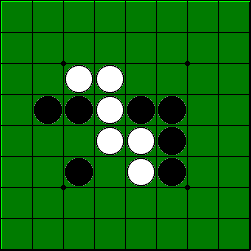Again, I think Panksepp offers the most productive line of inquiry into the how and when. The why is the hard problem, which concerns the whole development of reflective mind out of phenomenal experience in and of the world, and later in evolution the phenomenal experience of the unified 'self' and its continually open-ended contact with things and with other selves in the world, producing the challenges of constructing mutually satisfactory and moral, ethical, 'worlds' in which we construct cultural worlds upon the bare earth.
'Phenomena' exist only in the presence of beings for whom the world and things in it appear phenomenally, are sensed -- felt, seen, heard -- to be 'there' in relation to the individual. Consciousness is being-there, being-in-the-world in awareness that the self exists in a world not fully comprehended but calling for interpretation and action/interaction that is justifiable given the considerations that come to mind -- e.g., that one exists among others, involved with others, resonsible for the well-being of others and of oneself. Camus wrote, "the only mistake is to cause suffering," which is the foundation of human ethics.
'Objective processes' can be understood only through subjective presence in the world. Things in the world are unthinkable as objects in the first place without conscious awareness of and reflection upon them. When we analyze perception phenomenologically we recognize it as the confluence into a single stream of the objective and subjective poles of what-is. We are not isolated from the world, and the world becomes thinkable as a world in the first place because we are here, protoconsciously and consciously, bringing it into realization through our combined individual perspectives upon it. All of these perspectives are situated and partial, requiring that we think and investigate what-is through the multiplication of perspectives in order to recognize what is common, shared, within them, in science, philosophy, art, and other activities of our species. We can't describe the world 'objectively', as an object, because we are involved in it by virtue of our role in its emergence as 'world'.
Yes, we've made progress in understanding one another's perspectives, points of view, but the larger task is before us, involving more than the hard problem. The hard problem is the most demanding question raised by our attempt to understand what our consciousness, and the consciousness of other animals, is, and what it signifies for our understanding of the world in which we exist..


